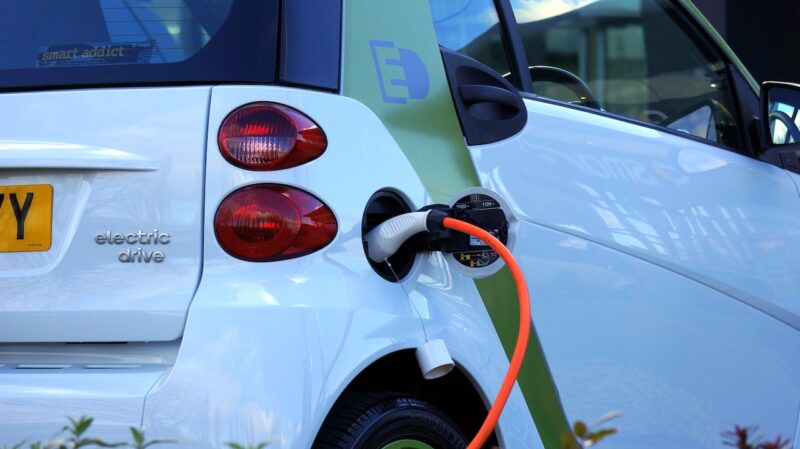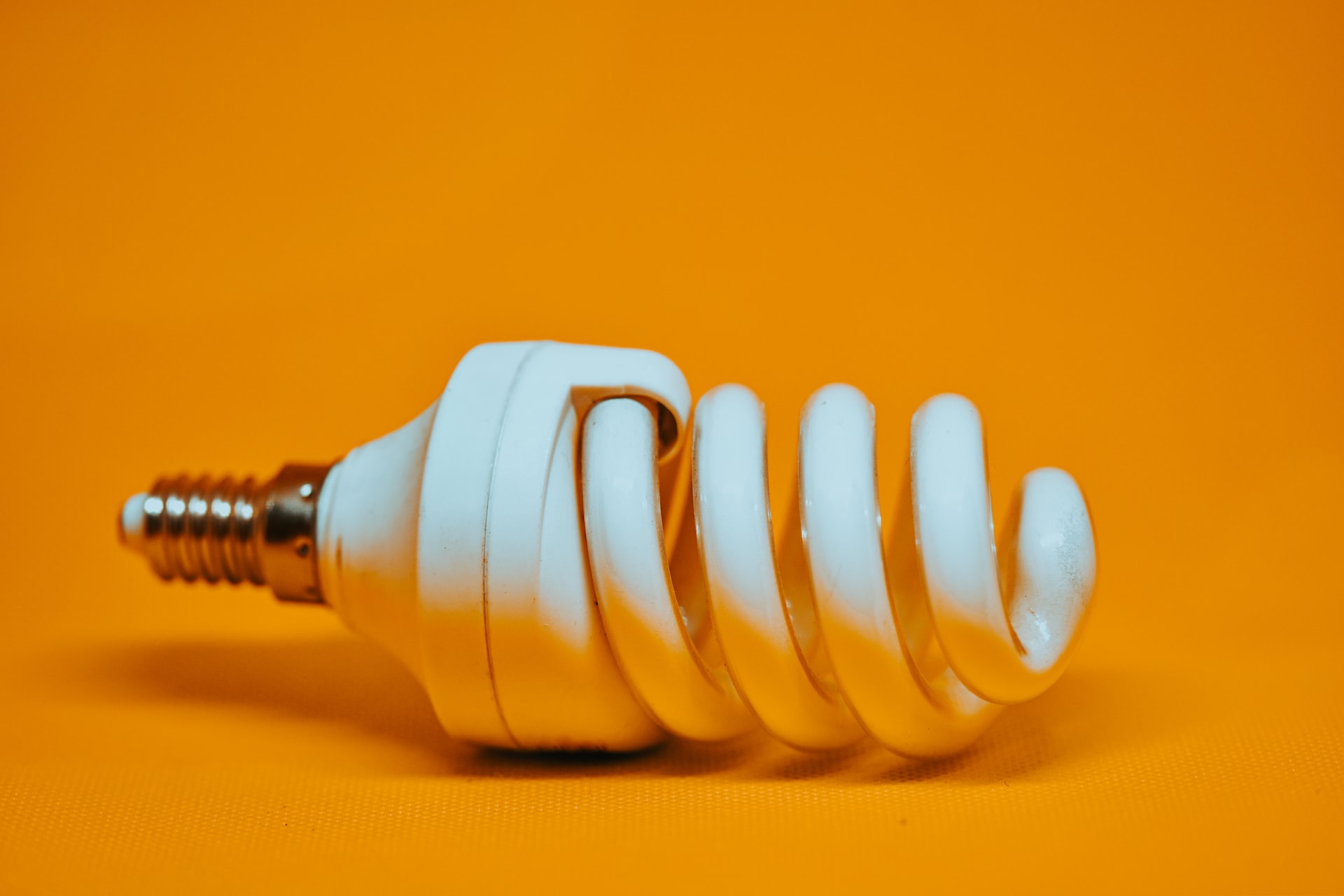Have you ever been confused by the energy jargon on your bill? Don’t panic, we’ve compiled this energy jargon buster so you can know exactly what your bills and contracts mean.

Green energy, Kilowatt-hours, energy distributor… What does it all mean?
The Energy Jargon Buster
Energy Meter
Your energy meters are devices installed in your home to measure how much energy you’re using. You might have one each for gas and electricity, an electric meter and a heat meter or just an electric meter. There are several types of meters used in the UK which we’ve explained in more detail below.
Standard Credit Meter
The most common energy meter installed in the UK. With a standard credit meter, you use as much energy as you would like, paying a bill based on your measured usage at the end of each month. Most credit meters require you to submit readings each month. If you don’t submit readings you’ll receive a bill based on your estimated consumption. You’ll be asked to pay the difference if your actual energy usage is less than this estimate.
Pre-Payment Meter
Known as a pre-payment, pre-pay, card or key meter, these meters require you to pay in advance for the energy you’re using. Traditionally customers would load credit onto a card or key, although most suppliers have switched to a smart top-up system you can use from a computer or smartphone.
You can read more about pre-payment meters, including how to get them replaced, here.
Smart Meter
A smart meter is a special model of digital meter that takes readings automatically, submitting them to your energy supplier every day. This helps your supplier bill you accurately, saves you from having to submit meter readings manually and gives you real-time information about how much energy you’re using.
Energy Supplier
Your energy supplier is the company you buy your gas and electricity from. They’ll charge you for your energy use based on your current energy tariff. You can change your energy supplier at any time by setting up a new tariff. If you’re still under contract with your old supplier, you may have to pay an exit fee.
Energy Distributor
Your gas and electricity distributors manage the energy infrastructure around your home. Your distributor is determined by where you live and cannot be changed. You will not have an account or contract directly with your distributor.
Fixed-Rate Tariff
A fixed-rate tariff is a contract with your electricity provider to supply you with energy at a set per-kWh cost and standing charge for an agreed-upon period.
Standard Variable Tariff
A Standard Variable Tariff is the default energy tariff customers are placed on when they have no contract for energy in place. It will be in place when you move into a new home, or if your previous energy tariff has expired. This tariff is variable in that energy suppliers can change the unit rates and standing charge at any time, but it cannot exceed the Energy Price Guarantee.
Currently, because of the high cost of energy and the price cap provided by the EPG, Standard Variable Tariffs are the best-value energy tariffs available in the UK.
Energy Price Guarantee
The Energy Price Guarantee is the maximum price an energy supplier can charge for a unit of gas and electricity. It determines the unit cost and the standing charge, although it’s usually expressed as an annual total.
As of November 2022, the Energy Price Guarantee is currently set at £2,500 a year for the ‘average UK household’. This is an example household of 3-4 occupants using 12,000 kWh of gas and 2,900 kWh of electricity each year.
Power Cut
A power cut is an interruption to the electricity supply at your property. This can be caused by damage to your local infrastructure, or your energy distributor carrying out maintenance in your area. You can learn more about what to do in a power cut here.
Kilowatt-Hours (KwH)
Energy consumption in the UK is measured in kWh or kilowatt hours. This unit is not the amount of energy you use in an hour. Instead, 1 kWh is equivalent to the amount of energy you would use if you ran a 1000-watt appliance for one hour.
1kWh is the amount of energy used by 1000 (1 kilo) Watts over an hour. For example, a 100-watt lightbulb would consume 0.1 kWh/hour or a 2000 Watt dishwasher would use 2kWh/hour.
Green Energy
‘Green energy’ is a catch-all term used to refer to sustainable and renewable energy production. If you opt for a green tariff, you can expect your energy to either be generated through renewable methods or matched to renewable energy credits and offsets, although the details of what ‘green’ means vary between suppliers and tariffs.
Read more about energy in the UK:













